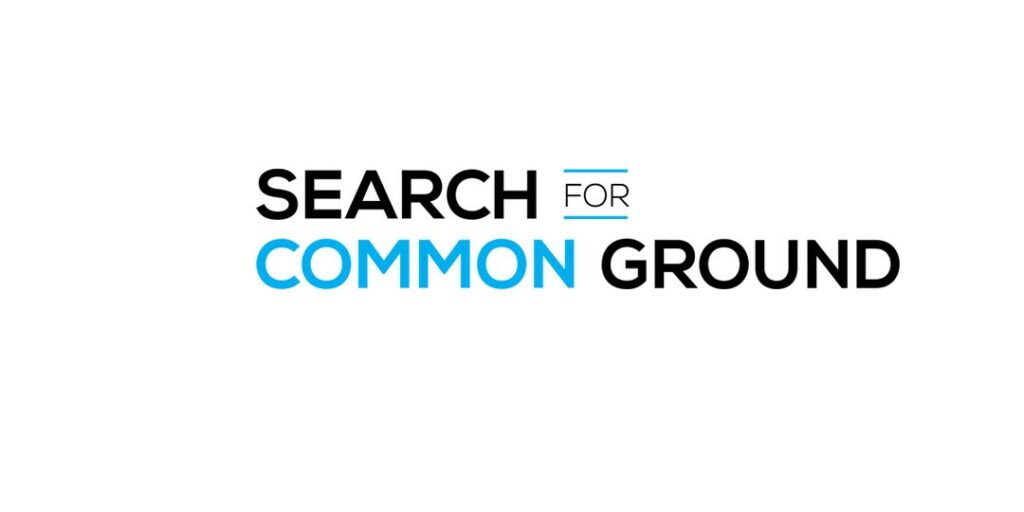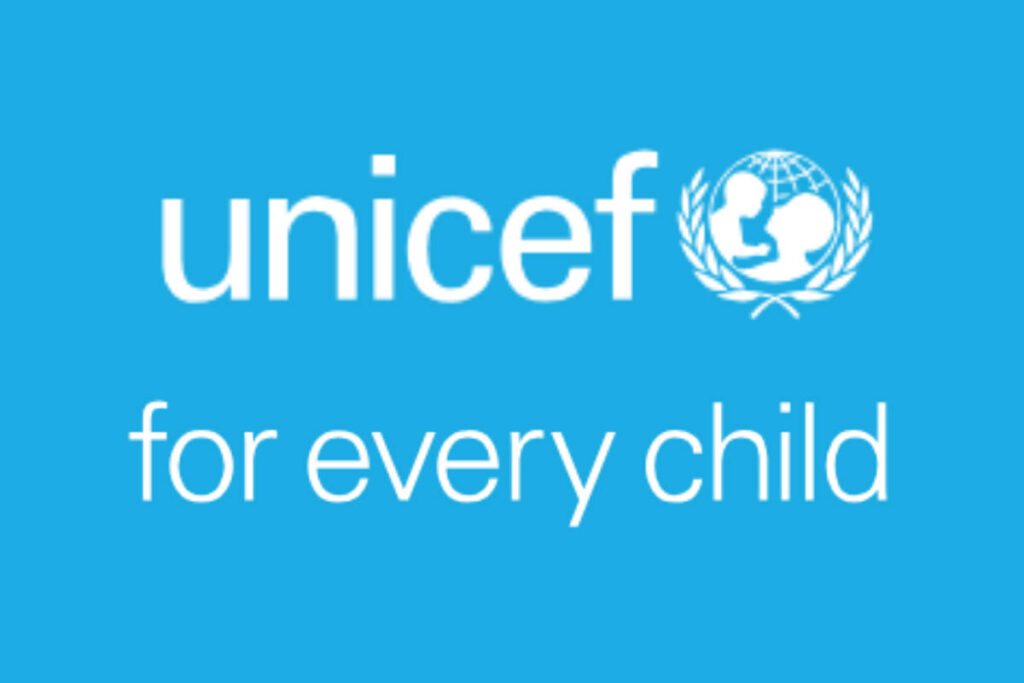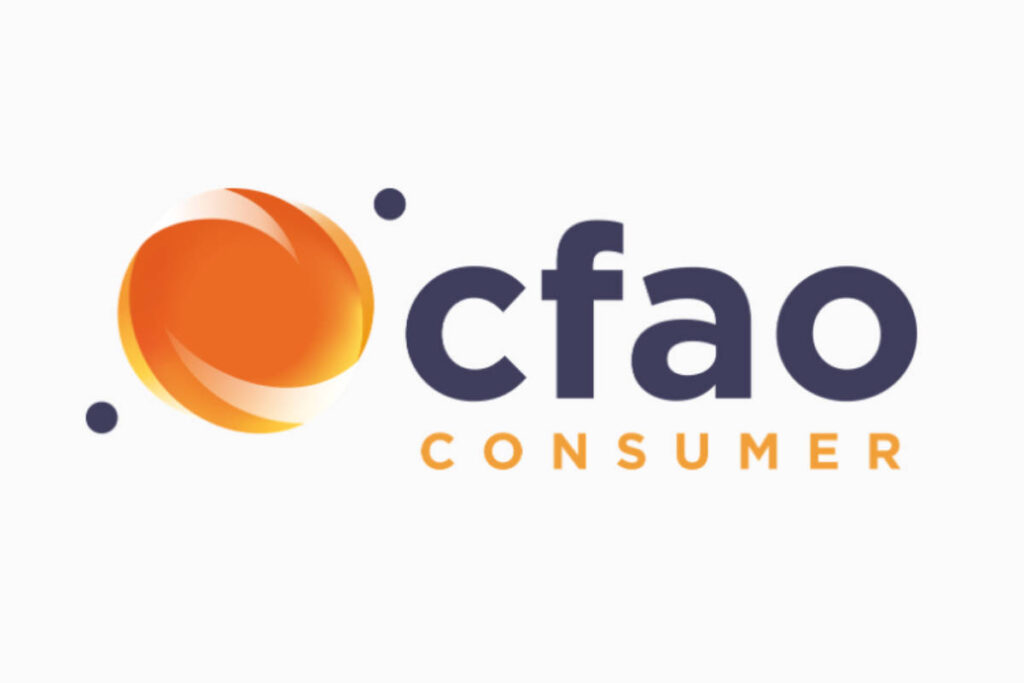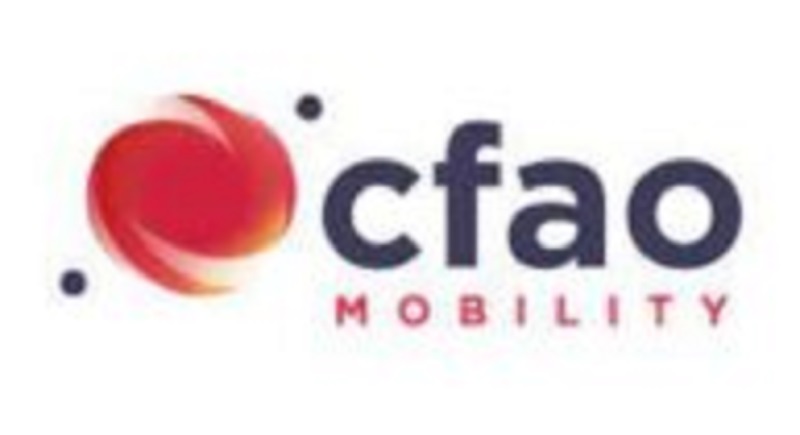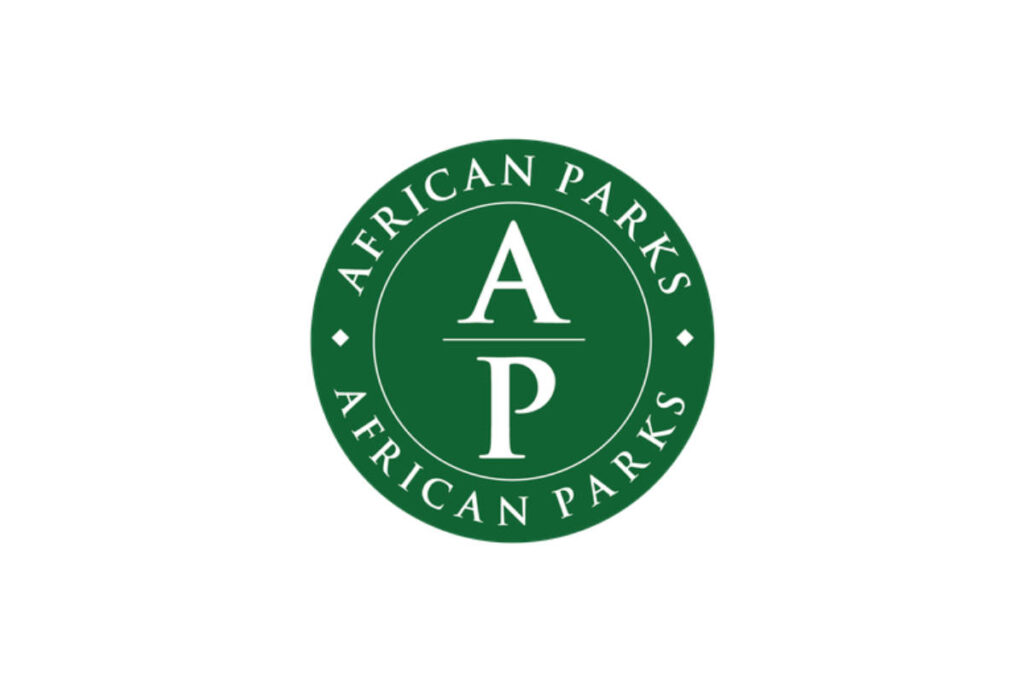Search is an international conflict transformation NGO that aims to transform the way individuals, groups, governments, and companies deal with conflict, away from adversarial approaches and towards collaborative solutions. Headquartered in Washington DC, USA, and Brussels, Belgium, with 52 field offices in over 30 countries, Search designs and implements multifaceted, culturally appropriate, and conflict-sensitive programs using a diverse range of tools, including media and training, to promote dialogue, increase knowledge and determine a positive shift in behaviors.
Context
Escalating violence in Northeast and North Central Nigeria has necessitated the deployment of a heightened security presence across the region. While security forces have a mandate to maintain peace, their officers have been implicated in widespread human rights abuses against civilians. These abusive practices have eroded public confidence in the security sector, alienated security forces from the citizens they are charged to protect, and thwarted the effectiveness of their mandate. Collaborative efforts by CSOs, media actors, communities, security forces, and local and state governments are needed to prevent such violations and address the causes, drivers, and consequences of human rights abuses to find solutions that not only de-escalate the violence but ensure that security actors preserve lives, protect human rights, dignity and freedom.
The Project goal and objective
Search, in co-collaboration with its partners Justice Development and Peace Commission (JDPC) and Foundation for Justice, Development and Peace (FJDP) is implementing a 24-month project in response to the challenges and opportunities outlined above. The overall goal of the project is to promote collaborative multi-stakeholder engagement and advocacy processes to reduce human rights abuse by police forces in Benue and Adamawa States. The goal is supported by the following two specific objectives and four interrelated expected results:
Objective 1: To strengthen the capacity of target CSOs, media, and community stakeholders to advance evidence-based human rights monitoring, reporting, and constructive advocacy.
Objective 2: To foster collaboration around increased accountability between target police actors, government authorities, CSOs, and local communities
The project is underpinned by the following theory of change:
If target CSOs, media, and community stakeholders have increased skills and avenues to collaborate around evidence-based human rights reporting and non-adversarial advocacy, building on existing institutional efforts, and if trust and positive relationships between these actors and police and government stakeholders are nurtured through regular solution-oriented interactions, then human rights violations committed by Nigerian police forces will decrease in target locations, because constructive multi-stakeholder engagement will lead to joint ownership and upholding of accountability efforts in target areas.
Consultant Objectives:
In support of objective 2 of the project which is to increase understanding of human rights principles amongst police forces, and increased constructive interaction between affected communities, key government and civil society stakeholders, and police on issues related to human rights and protection. The security consultant will develop a 4-day training curriculum for security actors including security agents from the state police from the Special Weapons and Tactics (SWAT), the Police Service Commission, Complaint Response Unit (CRU), Police Gender Unit, Divisional Crime Unit, Community Police Unit, State Intelligence Bureau (SIB) departments. The training is aimed at increasing the knowledge and skills of target security actors and improving the relationship between security forces and civil society around acknowledging, preventing, and addressing security sector forces in Adamawa and Benue states.
The training modules will include but are not limited to:
-
-
- Understanding the fundamentals of the Nigeria Police Reform Act 2022.
- Understanding the concept of conflict sensitivity: factors that alienate security forces from civilians (citizens) in society.
- The institutional mandate of the Nigeria Police Force and civilian protection.
- Non-adversarial strategies for prevention and protecting crime in police civil relations.
- Understanding the public perception of security force service delivery.
- Ethical orientation on approaching civilian protection.
- Do No Harm analysis.
- Triangulating intelligence information and its impact on civilian protection
- Understanding the linkages between dialogue, accountability, and transparency in addressing conflict.
- Information management and effective communication skills.
- Early warning and early response: Implications of security forces’ action.
- Understanding of human rights instruments and security.
- Human rights violation and conflict.
-
Total Level of Effort
-
-
- 8 days for each state:
- The consultant will work with the Search Country Training Specialist under the direct supervision of the Project Manager. The consultant will be responsible for organizing their own logistics for the training. However, a clear budget shall be provided to state the needs of the consultant and Search will provide support in arranging other training logistics. The training consultant engagement will be for 8 days for each batch of the training across the target locations.
-
Scope of the training
-
- This training will be conducted in Adamawa and Benue states, targeting security actors (Police service commission, SWAT Unit, Complaint Response Unit, Divisional Police Officers, Gender Officers, Divisional Crime Officers, and Community Police Unit, State Intelligence Bureau (SIBs), from Fufore, Girei, and Yola North LGAs in Adamawa, and in Benue, from Otukpo, Makurdi, and Guma LGAs.
The consultant will:
-
-
- Co-design a training program and agenda in consultation with Search training specialists to reflect the Search security reform curriculum.
- Develop and conduct a pre-and post‐training evaluation to assess the effectiveness of the training.
- Overall workshop facilitation.
- Prepare an interactive/engaging training module with all the major contents included.
- Conduct the training after discussion with the Search team on the materials, duration, and timing.
- Develop a detailed report of the training, which will include a report of interaction with participants’ individual or collective learning on what they have discovered, or changes recorded as a result of the training.
- Assist the trainees to produce action plans to foster collaboration between security and civilians.
-
Methodology
-
-
- The training approaches will include:
- Common Ground approach and conflict sensitivity approach.
- Facilitation.
- Use of PowerPoint Presentation
- Participatory discussion.
- Related Video clips.
- Case study: To illustrate context-specific scenarios and practical learning activities on human rights issues between security and civilians.
- Roleplay.
- Group exercise and Presentations.
- Gender inclusion.
-
In addition, Do No Harm strategies, gender inclusion, and strategies for conflict sensitivity shall be adhered to.
Budget and Terms of Engagement
-
-
- The consultancy will begin the Mid-week of July 2022. The training should commence by August 2022. All training reports for the first batch should be completed no later than September 2022 while the second batch by November 2022.
- All training materials must be reviewed and approved by Search Capacity and Training Specialists before use.
- The entire consultancy will cover a period of 8 working days for each state (4 days for training, 2 days for development of training materials, and 2 days for report writing).
- Withholding tax will be deducted at source from the total cost of the consultancy fee.
- All logistics arrangements should be included in the proposed budget.
-
Ethical Principles
In addition, the consultant is required to respect the following Ethical Principles:
-
-
- Comprehensive and systematic inquiry: The consultant should make the most of the existing information and the full range of stakeholders available at the time of the review. The consultant shall conduct systematic, data-based inquiries. He or she should communicate his or her methods and approaches accurately and in sufficient detail to allow others to understand, interpret and critique his or her work. He or she should make clear the limitations of the review and its results.
- Competence: Consultants should possess the abilities and skills and experience appropriate to undertake the tasks proposed and should practice within the limits of their professional training and competence.
- Honesty and integrity: The consultant should be transparent with the contractor/constituent about any conflict of interest, any change made in the negotiated project plan and the reasons why those changes were made, and any risk that certain procedures or activities produce misleading review information.
- Respect for people: Consultants respect the security, dignity, and self-worth of respondents, and program participants. The consultant has the responsibility to be sensitive to and respect differences amongst participants in culture, religion, gender, disability, age, and ethnicity.
-
Consultant Knowledge and Skills
-
- Strong ability and prior experience in conducting training on Nigeria police reform act, conflict sensitivity, security and civilian protection, early warning, conflict, and security analysis, human rights expert, and monitoring and reporting skills.
- Familiar with Middle belt and Northeast context, including knowledge of the existing civil and security forces issues.
- Experience working with the security agency, international INGOs, Community security experts, and mentorship skills.
- Strong facilitation skills and ability to lead a plenary.
- Work experience in related conflict training and security context analysis training.
- Proven experience and understanding of Nigerian security architecture, conflict sensitivity, and human rights monitoring context.
Only applicants invited for an interview will be contacted. No phone calls please. Please see our website www.sfcg.org for full details of our work.
All Search Employees must adhere to the values: Collaboration- Audacity – Tenacity – Empathy – Results. In accordance with these values, Search enforces compliance with the Code of Conduct and related policies on Anti Workplace Harassment, Protection from Exploitation and Abuse, Child Safeguarding, Conflict of Interest and Anti-fraud. Search is committed to safeguarding the interests, rights, and well-being of children, youth and vulnerable adults with whom it is in contact and to conducting its programs and operations in a manner that is safe for children, youth, and vulnerable adults.
Search for Common Ground does not and shall not discriminate on the basis of race, color, religion (creed), gender, gender expression, age, national origin (ancestry), disability, marital status, sexual orientation, or military status, in any of its activities or operations.

